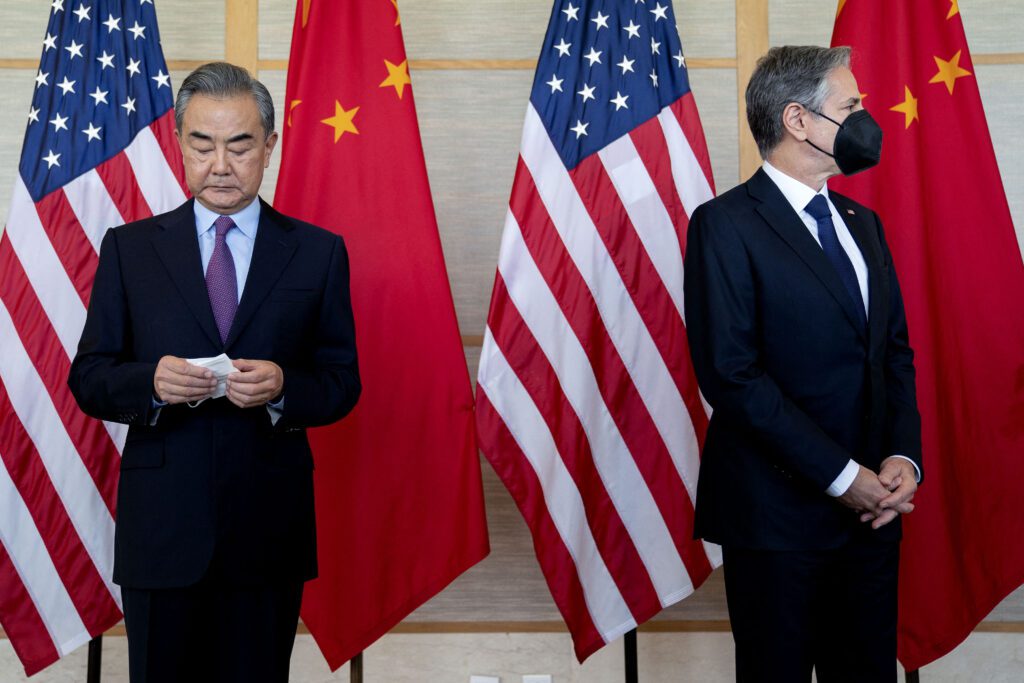Understanding the geopolitical implications of defense policy in a multipolar world is crucial in today’s ever-evolving global landscape. As power is distributed among multiple global actors, countries must navigate complex international relations and security challenges. Geopolitical considerations play a crucial role in shaping defense policy in a multipolar world, as countries must assess the geopolitical dynamics in their regions and beyond to effectively plan their defense strategies. Additionally, the multipolar world presents a range of security challenges that directly influence defense policy, from traditional military threats to non-traditional concerns such as cyber warfare and terrorism. The geopolitical implications of defense policy have profound effects on global stability, and it is imperative for countries to pursue defense policies that promote dialogue, cooperation, and deterrence to mitigate the risk of escalation and maintain stability.
Understanding the Geopolitical Implications of Defense Policy in a Multipolar World
In today’s world, the geopolitical landscape is ever-evolving, with power being distributed among multiple global actors. This multipolar world has significant implications for defense policy as countries seek to navigate the complex web of international relations and security challenges. It is crucial for policymakers to understand the geopolitical implications of defense policy in order to effectively safeguard their national interests and maintain stability in a multipolar world.
Geopolitical Considerations in Defense Policy
Geopolitical considerations play a crucial role in shaping defense policy in a multipolar world. As the distribution of power becomes more dispersed, countries must assess the geopolitical dynamics in their regions and beyond to effectively plan their defense strategies. For example, the rise of China as a global power has led to a reevaluation of defense policy in the Asia-Pacific region, with countries like the United States and Japan seeking to bolster their military capabilities to counterbalance China’s growing influence.
Additionally, the shifting dynamics of alliances and partnerships in a multipolar world require careful consideration in defense policy. Countries must navigate the complexities of balancing their relationships with various global actors, including traditional allies and emerging powers. Geopolitical rivalries and alliances can have a significant impact on defense policy, as seen in the case of the ongoing tensions between Russia and NATO, which have led to increased military spending and strategic positioning in Europe.
Security Challenges and Defense Policy
The multipolar world presents a range of security challenges that directly influence defense policy. From traditional military threats to non-traditional security concerns such as cyber warfare and terrorism, countries must adapt their defense policies to address a diverse array of challenges. Geopolitical dynamics often shape the nature of these security threats, as seen in the context of regional conflicts and power struggles that can have far-reaching implications for global stability.
Furthermore, the proliferation of advanced military technologies and the potential for new arms races in a multipolar world necessitate careful consideration in defense policy. Countries must stay abreast of technological advancements and assess the implications for their own defense capabilities, as well as the broader geopolitical landscape. The development and deployment of new defense technologies can reshape power dynamics and influence strategic alliances, making it crucial for policymakers to anticipate and respond to these trends.
Implications for Global Stability
The geopolitical implications of defense policy in a multipolar world have profound effects on global stability. The interactions between various global actors and their defense policies can contribute to regional tensions, military build-ups, and potential conflicts. Therefore, it is imperative for countries to pursue defense policies that promote dialogue, cooperation, and deterrence to mitigate the risk of escalation and maintain stability.
Furthermore, the alignment of defense policies with broader geopolitical goals, such as promoting international security and upholding international law, can contribute to global stability. Countries that prioritize multilateral cooperation and engagement in international security efforts can help mitigate the destabilizing effects of geopolitical rivalries and power struggles.
Conclusion
In conclusion, understanding the geopolitical implications of defense policy is essential in a multipolar world. Geopolitical considerations shape the nature of security challenges, alliances, and power dynamics, ultimately influencing defense policy and global stability. By carefully assessing and responding to these geopolitical dynamics, countries can navigate the complexities of a multipolar world and pursue defense policies that safeguard their national interests and contribute to international stability.
